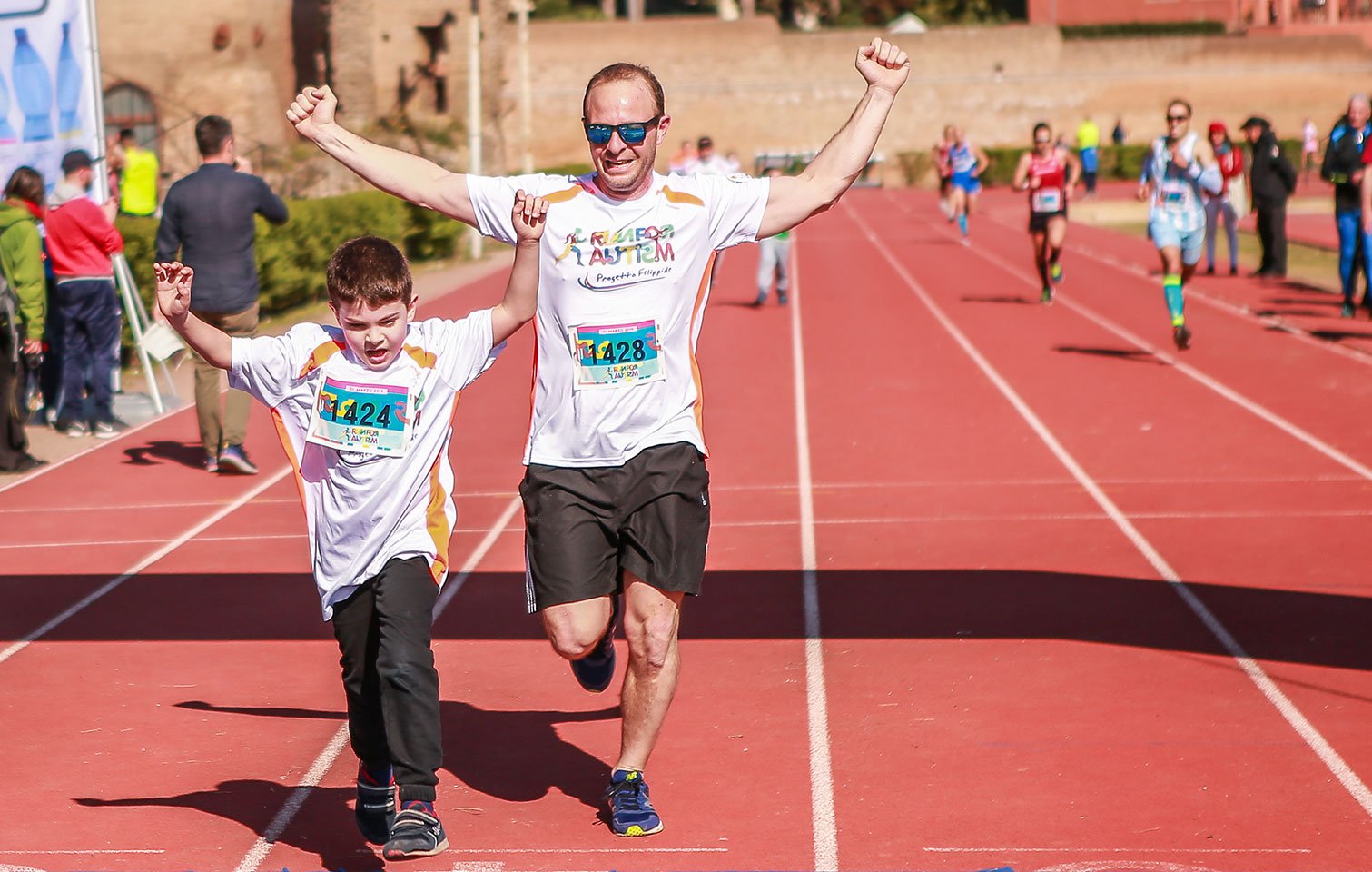ROME/NEW YORK, 3 DECEMBER – “The inclusion of people with disabilities is a testing ground for the full affirmation of human rights. The important advances in technology are helping to overcome the limitations that hinder the lives of people with disabilities, encouraging their full participation. Any progress in this direction must be encouraged to go beyond any barrier,” said President Sergio Mattarella on the occasion of the World Disability Day.

“Every day, millions of people with disabilities fight for an independent life. They teach us how to face difficulties with vital force and great dignity: we owe them respect”, said Mattarella. In Italy, almost 13 millions live with disabilities, of which only 11.9% work and almost one in three (32.1%) is at risk of poverty. Many elderly people live alone and services dedicated to them and resources allocated are scarce, according to the National Observatory of Health in the Italian Regions, based at the Catholic University of Rome. The government will “concretely” address the issue, assured Prime Minister Giorgia Meloni. According to Foreign Minister Antonio Tajani, “disability is at the heart of government action to improve the lives of disabled people by promoting accessibility and participation, ensuring social protection and necessary health services. There are no second-class citizens. It is a question of freedom”.
According to a UN report, 80 percent of disabled people around the world live in developing countries. 46% of the elderly over 60 and one in ten children are disabled, while one in five women will have to live together with a disability at one point during their lifetime. At the UN Headquarters, the international day will be observed on Monday, December 5 with a virtual event on the theme of how innovation can contribute to an inclusive development in terms of employment, reduction in inequalities and sports. The day also involved the Italian Permanent Mission to the UN, which recalled its traditional commitment to UNDESA and UNICEF, but also the introduction of ‘flagship’ initiatives such as Progetto Filippide that carries out training activities and preparation for sports competitions for children with autism, and the Teatro Patologico founded in 1992 by Dario D’Ambrosi which adopts theatre-therapy for people with mental disabilities.

The two Ngos took part in a side event at the UN last June during the 15th Session of COSP15, the Conference of States Parties to the Convention on the Rights of Persons with Disabilities (CRPD). Organised by Italy with UNDESA and UNICEF and the Permanent Representations of Albania, Monaco, Qatar and South Africa, the panel examined the role of sport and cultural life in building inclusive and participatory societies for people with disabilities in the post-COVID 19 context. (@OnuItalia)
